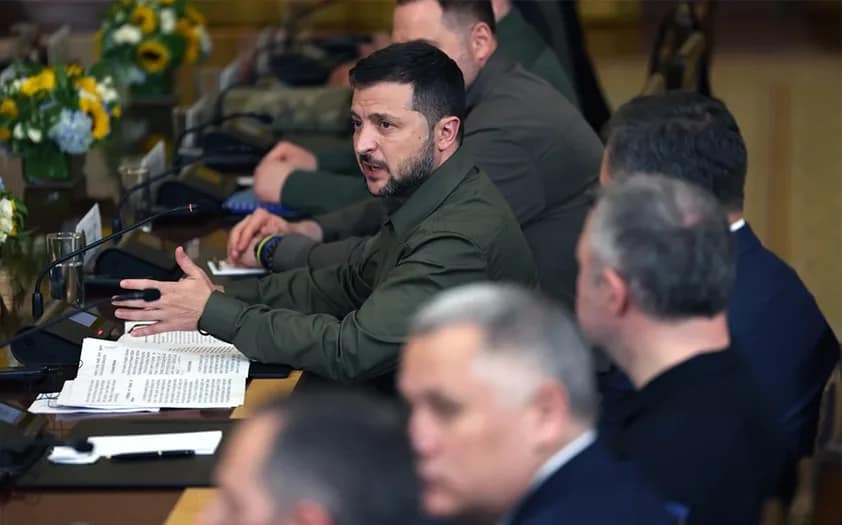NBC News Poll Reveals Strong Voter Support for U.S.-Mexico Border Funding, While Democrats and Republicans Diverge on Assistance to Israel and Ukraine.
TWC Magazine – In a surprising turn of events, American voters are aligning across party lines in a rare show of unity, throwing their weight behind increased funding for security measures along the U.S.-Mexico border. The latest NBC News national poll paints a picture of resounding support, with 74% of registered voters advocating for bolstered security at the southern frontier. Strikingly, this consensus transcends party affiliations, garnering the backing of 93% of Republicans, 74% of independents, and even 58% of Democrats.
This revelation comes at a critical juncture as lawmakers grapple with the complexities of an aid package destined for nations entrenched in foreign conflicts, specifically Ukraine and Israel. The urgency is palpable, with congressional leaders fervently pushing for the passage of this multifaceted package before the year draws to a close.
Digging deeper into the poll’s findings, a nuanced narrative unveils the intricate web of opinions surrounding foreign aid. Unsurprisingly, support for Israel remains a contentious topic within the Democratic camp. The poll discloses a palpable divide, exposing internal discord as Democrats wrestle with the notion of extending further aid to Israel. On the Republican side, a similar schism arises, manifesting in conflicting perspectives on funding directed toward the ongoing conflict in Ukraine.
Democratic pollster Jeff Horwitt of Hart Research Associates, in collaboration with GOP pollster Bill McInturff of Public Opinion Strategies, dissected the data, offering insights into the complex tapestry of public opinion. Horwitt highlighted the overarching pro-Israel sentiment prevailing in the American populace but emphasized the generational fault lines influencing views on humanitarian aid to Gaza and military assistance to Israel.
As the survey delves into various funding-related issues, a mixed landscape emerges. Beyond the staunch support for Taiwan, a transparent partisan divide surfaces on matters such as funding for border security aid, assistance to Ukraine, and support for Taiwan. This schism underscores the challenges ahead, indicating that navigating the path forward will require deft political maneuvering.
In a political landscape often marred by polarization, the unexpected unity on border security funding stands out as a beacon of bipartisan agreement. Yet, as the nation grapples with decisions on foreign aid, the ideological fault lines within both significant parties threaten to complicate an already intricate policymaking process. The journey ahead promises to be fraught with challenges, with lawmakers navigating the delicate balance between national security priorities and international obligations.

